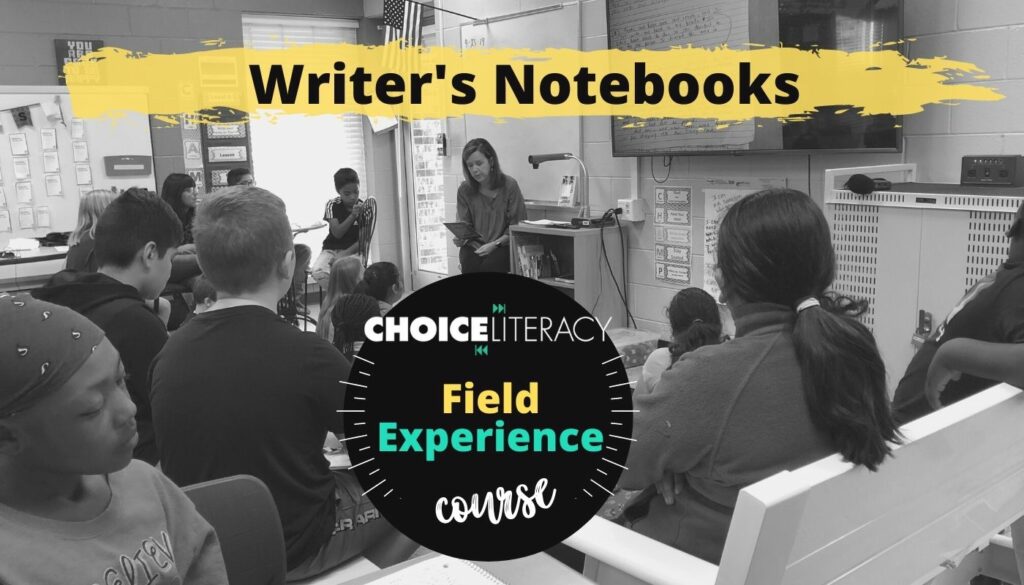The most important things are the hardest to say.
—Stephen King
Writing Is Necessary
Something strange has been brewing within me, and it’s making me a little unsettled. I’ve been intrigued by a new writing territory. It started quietly at first, with thin wisps and gentle nudges. New questions and fascinations piqued my curiosity.
I didn’t think about it much, but I began picking up new kinds of books. In the bookstore, I find myself in a section I never wanted to belong in. I inhale book after book after book like a ravenous wolf. I started listening to podcasts about topics I would have deemed boring before, and I have a whole new circle of influence on my thinking. I’m making new kinds of friends, and my connections are growing by leaps.
Suddenly (although it has been many moons in the making), I am full of new thoughts and ideas and questions. The information is copious, and I am craving to settle down with it. I want to reflect and connect and dream with new eyes. I am itching to share it, to teach it, and…
To write.
Since my previous obsession was teaching writers, I should know that writing is necessary. And yet, I feel like it took me too long to know that writing is my next best move.
Perhaps this is why this week’s content went straight to my heart. I perked up when I read Stella Villalba’s beautiful words: “Writing is an act of resistance and a source of strength.” I settled into the truth when I read about Becca Burk’s students insisting: “Writing, writing will help!”
Writing is necessary. If you’re like me and need the reminder of the importance of creating classrooms where students are writing, then this week’s issue is just what we need!
Shine on,
Ruth Ayres
Editor in Chief

Patty McGee shares a minimalist approach to conferring with student writers: just three moves (and none of them are correcting) to helping students grow as writers.
Join the Coach-to-Coach Zoom Network for monthly conversations, great resources, and professional friendships that will help you build skills and confidence as a grassroots leader. You belong in this group!
In her high school writing workshop, Julie Cox noticed that students wrote eagerly, but struggled to give and accept feedback. To increase student ownership and trust, she started Writers’ Club, and it affected transfer of learning in big ways! This article was first published in 2021.
Listen to the February 19, 2021, episode of the Big Fresh podcast as Tammy Mulligan and Ruth Ayres talk about the importance of shared writing experiences.
Are you looking to engage with a community of instructional influencers? Join me on LinkedIn to continue conversations from the Big Fresh and connect with other educators who are just as smart and funny as you are.
Writer’s notebooks are important tools for writers. This field experience showcases how elementary teachers use notebooks with young students.

New members-only content is added each week to the Choice Literacy website. If you’re not yet a member, click here to explore membership options.
Becca Burk‘s kindergartners had a tough recess. As they were discussing what they could do differently, one student proclaimed, “Mrs. Burk, writing, writing will help!” Becca shares what unfolded as students made a plan and created signage to post around the playground as reminders for self-control.
In this beautiful personal essay, Stella Villalba reminds us that writing is a source of strength, and developing a community of writers is essential in post-pandemic classrooms.
In this video, Ruth Ayres shares different ways students can enter a writing project.
In this encore article, Kate Mills and Tara Barnett pour their hearts into teaching writers, but when Tara loses her family dog, she is reminded that writing is the thing that helps us understand what’s most important.

New members-only content is added each week to the Choice Literacy website. If you’re not yet a member, click here to explore membership options.
David Pittman offers several ways to make the work of PLCs visible to everyone. The more open we are with our growth, the more connections we make, the stronger every educator becomes.
This PD2Go focuses on intentionally developing a mindset for looking at student writing by pairing an article by Heather Fisher and a video by Ruth Ayres.
Jen Schwanke rethinks her writing process for sending information out to families and others. Her “one little change” might get you rethinking how you draft and share weekly newsletters.
Quote It:
Always do right. It will gratify some people and astonish the rest.
—Mark Twain
That’s all for this week!





